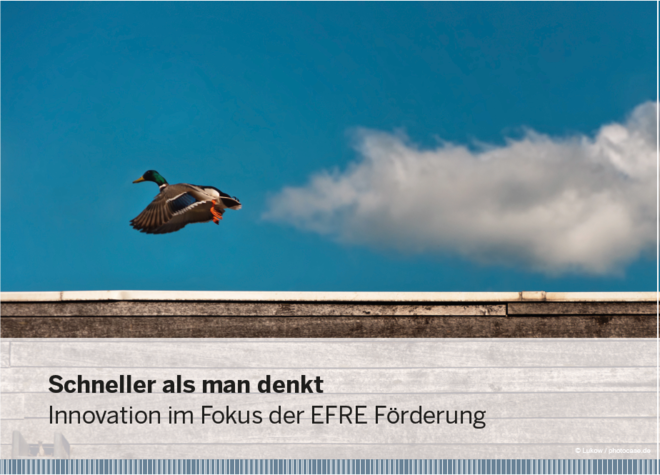The research of Prof. Hoffmann-Jacobsen explores the interdisciplinary field of biophysical chemistry and wastewater treatment. Our main research interest is the investigation and application of enzymes in technical environments.
Enzymes are nature's catalysts that increase the rate of virtually all the chemical reactions within cells. Nowadays, the enzymes are developed as biocatalysts in various important industrial processes as pharmaceutical synthesis and can be found in many products of daily life, e.g. laundry detergent. Enzymes are intrinsically green catalysts as they are biodegradable and work under ambient conditions. We aim to develop new enzymatic biocatalysts for new technological applications including a mechanistic understanding of the biophysical processes taking place within biocatalysis. The main analytical technique is fluorescence spectroscopy.
Currently, we are working on the following projects
- Enz4Water (EFRE). Enzymatic filtration for the removal of trace contaminants
- ChemZymeCoat (FHProfUnt, BMBF): Chemo-enzymatic Synthesis of Functionalized Polymers for Innovative - Green Coatings
- Analysis of textile biocatalysts, i.e. lipases immobilized on textile carriers, for the production of intermediates for the pharmaceutical industry (ZIM, cooperation Deutsches Textilforschungszentrum Nord-West gGmbH)
- Investigation of the structure and dynamics of lipases in organic media
- Fluorescence correlation spectroscopy near surfaces
- Removal of trace contaminants from sewage
- Valorization of industrial sewage by enzyme catalysis
We have a fully equipped laboratory for biophysical chemistry including synthesis and spectroscopic analysis. This includes fluorescence spectroscopy, fluorescence lifetime analysis and fluorescence correlation spectroscopy. The equipment for wastewater technology comprises a model sewage plant, lab ozonation reactor and the relevant analysis equipment, e.g. TOC, ion chromatography, atom absorption spectroscopy.
There are always Bachelor and Master thesis projects available. Please contact Prof. Hoffmann-Jacobsen.



















